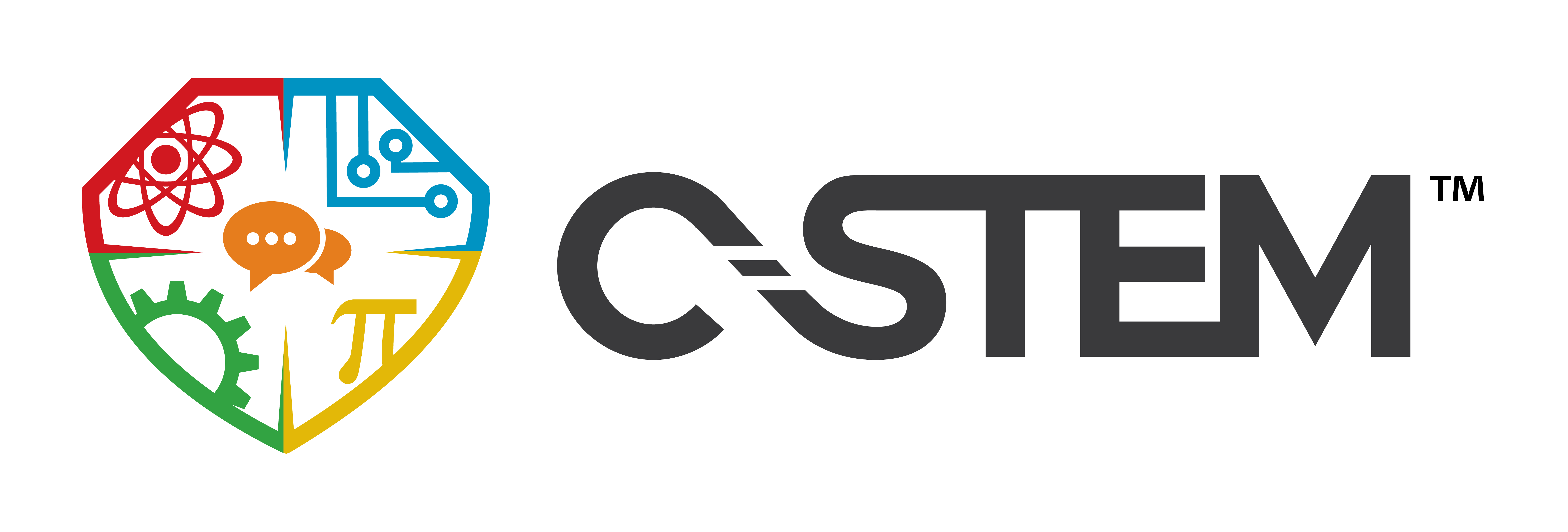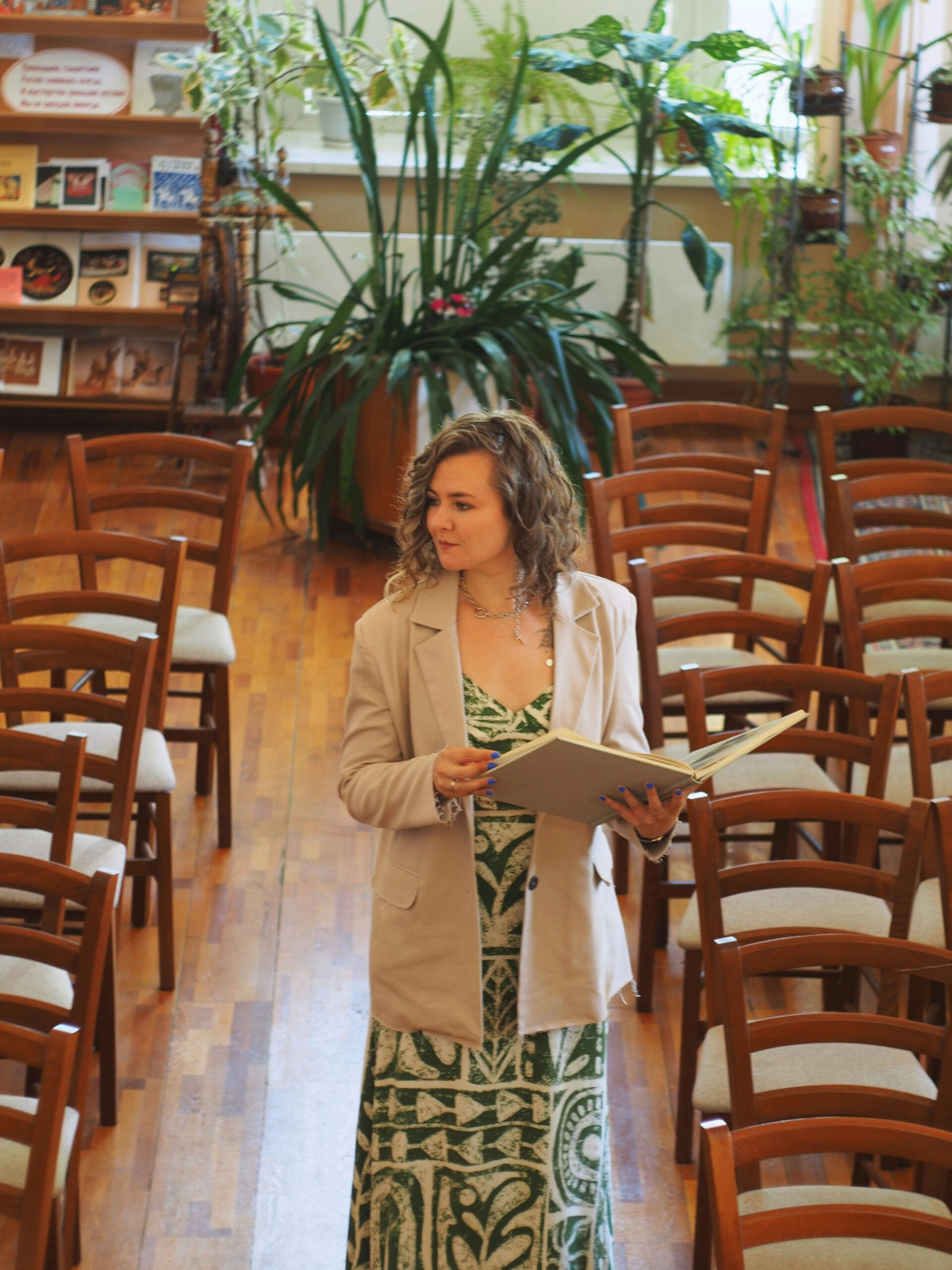Engineers are problem-solvers in our ever-changing world, and early STEM education is essential to building strength and diversity in the next generation of these pioneers. Engineers produce solutions across a wide range of industries that affect our everyday lives. Just a few examples include how goods are transported, how we use resources like electricity and gas, how the navigation systems and computers in our vehicles work, and how our bridges and roads are designed. As we look
Why Early Exposure Matters
Children develop interests and aspirations from a young age, often influenced by what they see, experience, and are encouraged to explore. In many parts of our rural and underserved areas, students may not have clear visibility of engineering as a viable or exciting career path. This lack of exposure can lead to missed opportunities, not because of a lack of ability, but due to a lack of awareness and opportunity.
Early exposure to engineering plays a vital role in making the field more inclusive and accessible. By challenging the stereotype that engineering is only for the “technically gifted,” it encourages a broader range of students to explore the subject. Demonstrating its practical applications in everyday life, such as clean water systems, renewable energy and telecommunications, helps the students connect engineering concepts to real-world impact.
Additionally, early engagement nurtures problem-solving and critical thinking skills, essential for tackling complex challenges. Most importantly, it builds confidence in STEM subjects, particularly for girls, Black and Hispanic students, and students from low-income neighborhoods, empowering them to pursue future opportunities in science and technology.
Empowering Students Through Engineering Education
Expanding access to engineering education requires a multi-faceted approach that nurtures curiosity, builds industry connections, integrates technical learning into classrooms, and showcases inspiring role models.
STEM outreach programs, such as mobile science labs and hands-on workshops, can bring engineering concepts to rural schools, sparking interest and demonstrating how engineering solves real-world problems through activities like constructing simple machines or water filtration systems.
Strengthening partnerships between school districts and businesses allows students to engage with professionals through mentorship programs, site visits, and job shadowing experiences, making the career path more tangible and relatable.
Integrating engineering into the curriculum through project-based learning, robotics clubs, maker spaces, and coding programs encourages innovation while fostering early technical familiarity.
That’s why here at C-STEM, our C-STEM Challenge competitions play such an important role in what we do. These competitions engag
Equally important is our Integrated C-STEM Training Institute, which gives educators the tools and curriculum they need to lead teams in these c
We have found that the earlier we engage with students, the more we see them continue on to study STEM subjects in college and continue on to STEM careers. Our focus on preK-12 students sets up possibilities for future engineers all along the way, whether it’s STEM competitions, classroom presentations from STEM professionals with backgrounds similar to theirs, or supplemental opportun
Beyond that, we partner with higher education institutions to offer hands-on programs, award scholarships thanks to generous partners, and have seen nearly100 college and univrsity interns come through our doors. It is our joy and pleasure to receive updates from many of these students and to know we have done our small part to make STEM careers accessible to all.
by Reagan Flowers, Ph.D.






